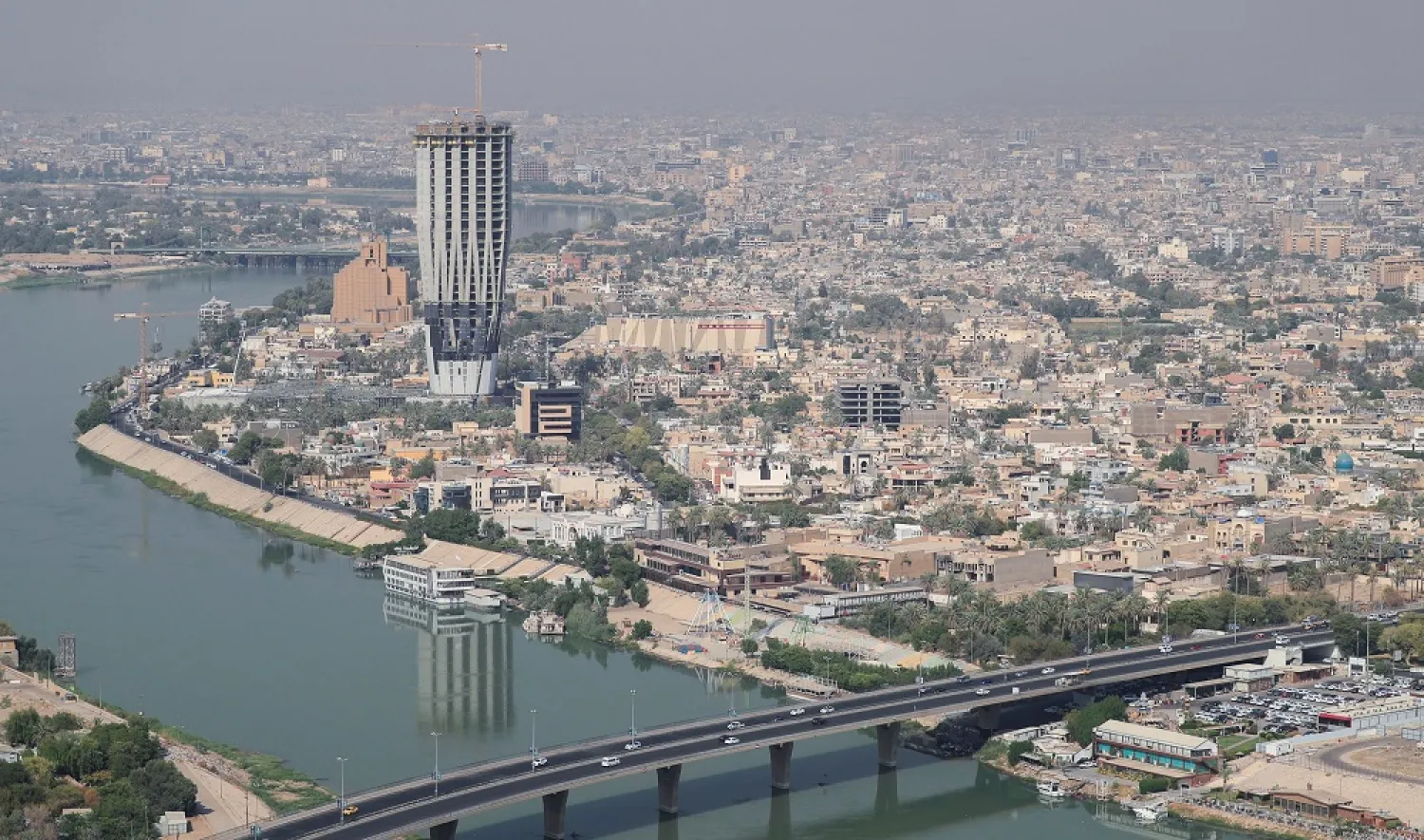Criticism by Iraqi Finance Minister Ali Abdul-Amir Allawi against Sadrist movement leader cleric Moqtada al-Sadr and Deputy parliament Speaker Hakim al-Zamili has sparked wide debate in the country.
It marked the first time a minister openly criticizes Sadr, who enjoys a very loyal support base in the millions in Baghdad and other Iraqi regions. He also holds the parliamentary majority, with 73 lawmakers.
The criticism prompted a retort from Zamili, who slammed Allawi on Saturday for his failure in running his ministry. Zamili is also a member of the Sadrist movement.
The dispute between the Sadrists and Allawi goes back to popular demands to restore the dinar's exchange rate to match the global oil prices. In 2020, the central bank, with the Finance Ministry's backing, lowered the exchange rate by 23 percent against the dollar.
In a tweet on Friday, Sadr called on the parliament to summon Allawi and the central bank governor for a debriefing over the exchange rate and other financial issues.
Allawi responded with a strongly-worded message to Prime Minister Mustafa al-Kadhimi, refusing to appear before parliament and criticizing the way he was summoned by Zamili.
In his message, Allawi confirmed that he received a summons by the deputy parliament speaker, criticizing how it was made shortly after Sadr made his tweet.
"This entire process is unacceptable and no one should remain silent over it, for the sake of the dignity of the government, mine as a minister and mine personally and for my family," he remarked.
"The government does not stand accountable before any political party. It is responsible before the Iraqi people through the elected parliament," he continued.
"If we, as a government, do not reject this heinous meddling in the affairs of government by political parties, then we might as well relinquish the independence of the government," he went on to say.
Allawi stressed his "categorical rejection" of the summons by the deputy parliament speaker, because such an order is beyond his jurisdiction.
"I also categorically refuse to see the government being run through tweets by political leaders, regardless of their popularity and standing," he declared.
The minister defended his support of lowering the dinar exchange rate, noting that it had enjoyed the support of the international community, government, central bank and political parties at the time.
Moreover, he stressed that he was ready to defend his stance and economic and financial policies "before the lawmakers as a whole, not before a certain parliamentary group."
Central bank Governor Mustafa Ghaleb and his deputy did show up for the summons on Saturday.
A statement from Zamili's office said a travel ban will be imposed on Allawi for refusing to appear before parliament.
He confirmed that the parliament will convene at the end of the week at the request of 50 MPs to discuss the financial policy, exchange rate and other relevant issues.
He also slammed Allawi for his "failed management of companies outside of Iraq," adding that he "has offered nothing to this country." He said he was partially to blame for Iraq's debt "rising to 27 trillion dinars in one year alone."
Kadhimi had yet to comment on the dispute.









